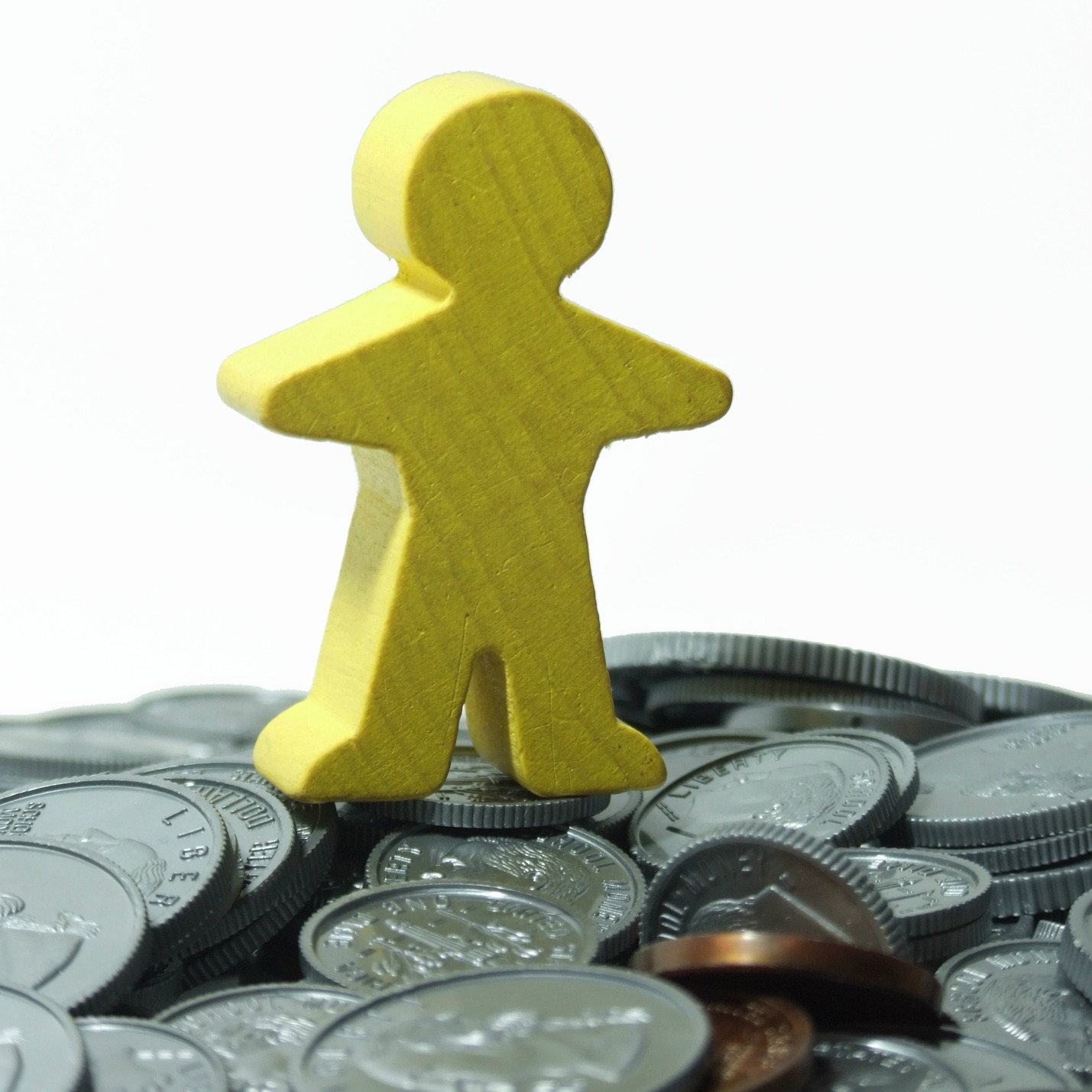Right now, we’re facing a major emergency. The COVID-19 virus has caused a pandemic and potentially triggered a recession. At this point, if you’re trying to get out of debt and get on a firmer financial footing, you might be wondering what you can do.
It’s a tough time right now, and managing your debt during an emergency can feel like a daunting task. If you’re trying to stay afloat with your debt during this emergency, here are some things to consider as you move forward.
You May Have to Scale Back Your Debt Paydown Efforts
Depending on the situation, you might need to step back and reduce the amount you’re putting toward debt. If you’ve been aggressively tackling your debt, you might need to reduce the effort.
Build up your emergency fund if you’re in danger of being laid off during this emergency or having your hours significantly cut. If you can still make minimum payments, do that. But consider directing your extra debt payments toward an emergency fund instead to help buoy you up if things continue to deteriorate.
It’s tough, but lengthening your debt repayment time can make sense. This especially true if you know you might need the money to pay your bills and keep your children fed. Scaling back efforts and putting the extra money toward necessities can make a difference later. It might reduce the chances that you’ll have to run up more debt to get through this.
Talk to Your Creditors
If it looks like you might have trouble making your debt payments, you might need to talk to your creditors. When managing your debt during an emergency, sometimes you need to create a separate plan or ask for forbearance. Talk to your creditors to see what options there are.
Some creditors are allowing people to skip a payment penalty-free, while others are offering updated repayment plans. The time to talk to your creditors is before things get dire. Find out if there are some steps you can take to get a hardship forbearance or some other plan to help you weather this storm.
Look at Community Resources
When you’re in a situation that you’re managing your debt during an emergency, you might need to see where you can get help.
If you’ve been laid off, see what you need to do to apply for unemployment benefits. During the coronavirus outbreak, the federal government has authorized extra unemployment benefits. See if you qualify. Apply for those benefits as soon as possible so you have some cash flow, and you limit how you use your emergency fund, or the need for more debt.
Additionally, you can check to see if your state offers limited benefits to those who haven’t been laid off but have seen their hours significantly reduced.
Don’t forget to check into community food banks and other emergency assistance. Many church congregation, service organizations and local government programs are available to help you manage your needs. If you qualify, see if you can access these programs to help you reduce the chances that you’ll increase your debt burden during the emergency.
Prioritize Your Bills
When things get desperate, you need to prioritize your bills. Start with the absolute necessities:
- Rent/mortgage
- Car payment
- Groceries
- Insurance
Sometimes, unsecured debt, like credit cards, have to be moved to the bottom of the list. While you want to try to make the minimum payment, you might not be able to. If your creditor won’t help with a hardship plan, you might have to skip. Unfortunately, this can impact your credit score. However, paying those debts takes second place to feeding your kids.
Cut Back on Expenses
When managing your debt during an emergency, you should also cut back on expenses where possible. If you still have subscriptions you can cut, do so. Look for unnecessary spending and cut it out. You can use that money to build your emergency fund. It can also help you keep up with minimum payments.
It might not always be possible to make big cuts — especially if you’ve seen a drop in income. But if you can, those cuts can help you later.
Look for More Income
Finally, there are different ways to make more income. DoorDash and Instacart are looking for more drivers. Additionally, many grocery stores are hiring temporarily.
If you’re in a position to bring in a little extra income, even while on unemployment benefits, this can help you with managing debt during an emergency.
Holding the Line: Managing Your Debt During an Emergency
This is the time to hold the line. Managing your debt during an emergency isn’t about dramatic paydown efforts or big gestures. Instead, it’s about trying your best to avoid getting into more debt. If you can do that, once the emergency is over, you can move forward and get back to tackling your debt.

